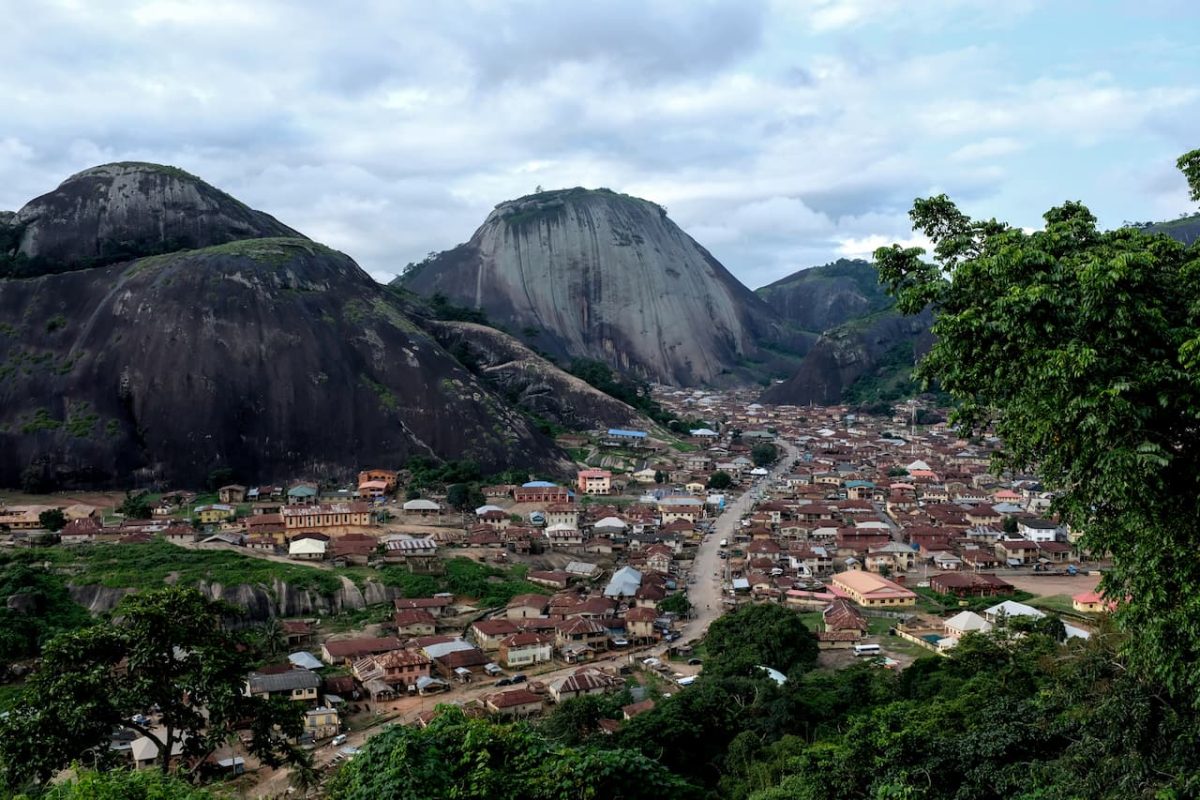How much do you know about Nigeria’s National Assembly? In this piece, OrderPaper’s Sharon Eboesomi writes on 15 interesting facts you should know.
There are basic things most people know about the National Assembly such as that it is a bicameral legislature meaning it is made up of two chambers – the Senate and House of Representatives and that there are 109 elected members in the Senate and 360 members in the House.
However, there is much more than that about the National Assembly and this report will explore lots of interesting aspects about this great institution.
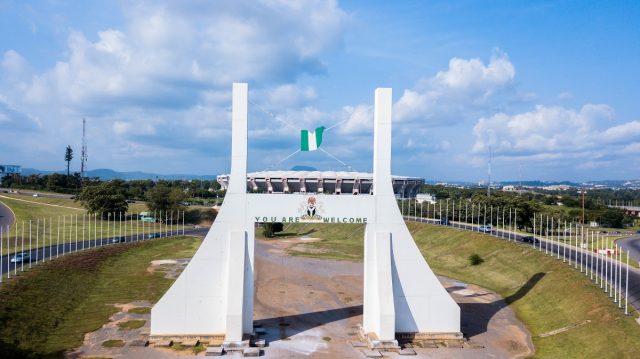
- Location
The National Assembly, like many other parts of the Nigerian federal government, is located in the Federal Capital Territory (FCT), Abuja.

- Roles
The National Assembly is established under Section 4 of the 1999 Constitution of the Federal Republic of Nigeria. “It is vested with powers to make laws for the peace, order and good governance of the Federation with respect to matters in the exclusive legislative list.” Therefore, the legislature makes the laws, and has oversight functions over the Executive, the Executive implements the laws, while the judiciary interprets them.

- Unlimited tenures
Unlike the Executive arm of government which has an eight-year term restriction, lawmakers enjoy an unlimited term by statute. As a result of this, some lawmakers seem to be maintaining permanent seats in the chambers. Interestingly, some have remained in office since Nigeria’s return to democracy 25 years ago. These lawmakers are referred to as ‘landlords.’
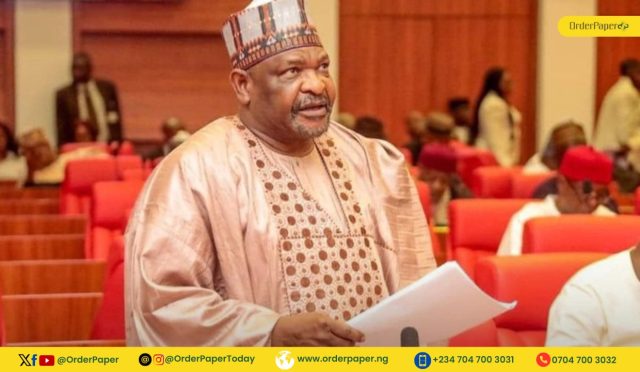
- Suspended lawmakers
Since 1999 till date, about seven (7) Senators have been suspended.
In 1999, the first Senator who was suspended was Femi Okurounmu (AD, Ogun Central) over allegations that senators were planning to impeach Olusegun Obasanjo.
In 2000, Senator Joseph Waku (PDP, Benue North West) was suspended for creating a major controversy over a statement that it would be preferable for the military to take back power through a coup rather than for former President Olusegun Obasanjo to carry on as a dictator.
Senator Arthur Nzeribe (PDP, Orlu Senatorial District, as it was then called) in 2002 was suspended indefinitely over a N22 million fraud allegation.
Senator Isah Mohammed (PDP, Niger Central) was suspended in 2004 for slapping a female colleague, Senator Iyabo Anisulowo. He later apologised to Anisulowo, her family, all women and the entire House. According to him, his action was the devil’s work.
Senator Ali Ndume (APC, Borno South) was given a six-month suspension as against one year originally recommended by the ethics committee in 2017. This came about after he requested an investigation into claims that Dino Melaye had committed perjury and that then-Senate President Bukola Saraki had imported a bulletproof Range Rover using fictitious documents.
In 2018, Senator Ovie Omo-Agege (APC, Delta Central ) was suspended for 90 legislative days (3 months). Omo-Agege made a statement at a press conference that the amendment of 2010 Electoral Act which would change the sequence of election in Nigeria was targeted at the then President, Muhammadu Buhari.
Following this remark, the Senate Committee on Ethics and Privileges recommended 181 legislative days of suspension for Omo-Agege but the then Senate President, Bukola Saraki reduced it to 90 legislative days.
In 2024, Senator Abdul Ningi (PDP, Bauchi Central) was given a three-month suspension by the Godswill Akpabio-led Senate over allegations of padding of the 2024 budget. Ningi claimed that the 2024 budget passed is N25tn while the one being implemented by the Presidency is N28.7tn.
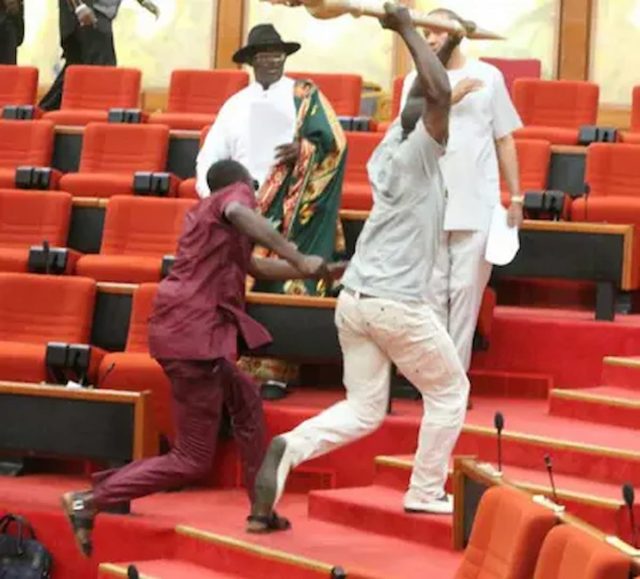
- Stolen Mace
In 2018, barely fifteen (15) minutes into the plenary sitting in the Senate, some hoodlums invaded the hallowed chamber and stole the mace. The armed thugs were allegedly led by suspended Senator Ovie Omo- Agege (APC, Delta Central).
Prior to entering the chamber, the thugs disguised themselves as constituents of Omo-Agege, who allegedly forced his way inside the chamber while on suspension. The police and Sergeant-at-Arms made frantic attempts but were unsuccessful in stopping the thugs from fleeing with the mace. Also, it was said that Omo-Agege told the Sergeant-at-Arms that the thugs were his boys when they were stopped at the foyer.
The Senate cannot begin or continue its session without the mace, but the senators did not leave the chamber; instead, they went into an executive session that lasted for fifty minutes and included Omo-Agege, even though he was suspended.
After the closed session, the senators continued with the plenary at 12.10 pm, with another mace as they vowed that they would not be intimidated in the course of carrying out their duties as representatives of the people.
Following the plenary, Omo-Agege was escorted by police from the chamber doorway into a waiting pickup van.
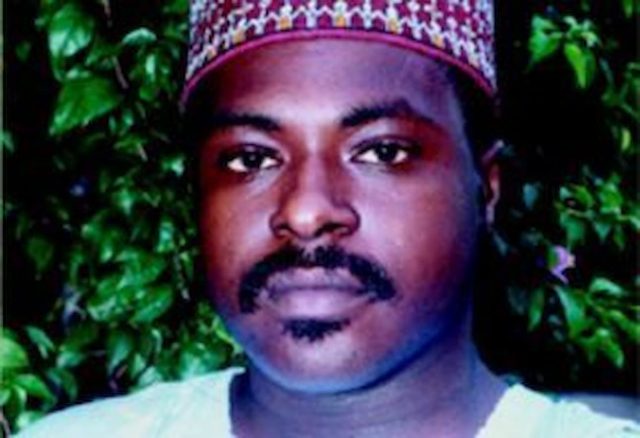
- Speaker for barely 2 months
Supposedly aged 36 at the time, Salisu Buhari was a young businessman who was deemed one of the young, promising leaders. Buhari started his rise after winning an election to the House of Representatives and running for Speaker.
On June 3, 1999, he was elected to be Speaker. But the veil was lifted after just six weeks in his new position.
The trustworthiness of Buhari was criticised in an article published in THE NEWS Magazine, a Nigerian investigative news outlet, on February 16, 1999.
The new speaker was said to have been born in 1970 rather than 1963 as he had previously stated. Additionally, Buhari had stated that he was a Toronto University graduate.
In a swift response, Buhari denounced the magazine for criticising him and proclaimed his innocence. He went as far as to attempt to file a libel lawsuit against the journal.
The magazine wrote to Toronto University, requesting confirmation that Buhari was an alumnus and in response, Carlo Villanueva, an official of the Institution wrote, “Regarding your request for confirmation of degree for Mr Ibrahim Salisu Buhari. We have searched our records and could not find anybody with the name you are inquiring with”
Meanwhile, Buhari had stated that he finished his National Youth Service at Standard Construction in Kano, but this had also been disproven by the records since his name was missing from the list of those who completed the scheme.
On Thursday, July 23, 1999, Buhari faced Nigerians after being publicly proven guilty of fabricating his age, faking certificates, and other items from the NEWS report.
He said, “I apologise to you. I apologise to the nation. I apologise to my family and friends for all the distress I have caused them. I was misled in error by the zeal to serve the nation, I hope the nation will forgive me and give me the opportunity to serve again.”
He thereafter resigned from his membership of the House of Representatives.

- Women’s continuous underrepresentation
Out of the 3,600 Members in the House of Representatives since 1999 till date, only 132 have been female, while out of the 1090 in the Senate, only 43 have been female.
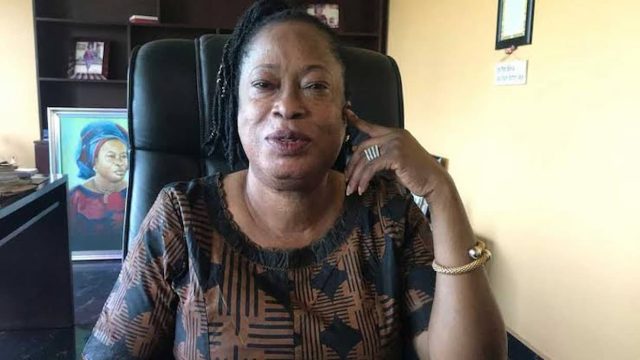
- First female Speaker House of Representatives accused of corruption
Patricia Etteh was arrested by the Economic and Financial Crimes Commission (EFCC) over a shady contract worth N240m awarded by the Niger Delta Development Commission (NDDC).
She was questioned because it was said that she received an unauthorised payment of N130 million from a contractor that was hired by NDDC to complete a solar-powered electrification project in Akwa Ibom State.
Investigations revealed that N130 million was transferred to Etteh, who is not listed as a shareholder or director of the company in question. The EFCC claims that she was afterwards freed on bail.
Barely four months after she was elected Speaker of the House, her colleagues turned on her and demanded that she step down from her exalted position following accusations of corruption.
The lawmakers had accused her of awarding a N628 million contract for the renovation of her official residence and that of her deputy as well as the purchase of 12 official vehicles.
The lawmakers said that the contract was awarded without following the proper procedures.
Subsequent to the N628 million House reconstruction scandal that forced the former Speaker to leave, the House of Representatives cleared her of any misconduct in a resolution made by Ita Enang, the then-Chairman of the House Committee on Rules and Business.
Etteh, who served as the Osun State representative for the Ayedaade/Isokan/Irewole Constituency from 1999 until 2011, being the first female speaker of the House of Representatives, resigned only a few months afterwards and was replaced with Dimeji Bankole.
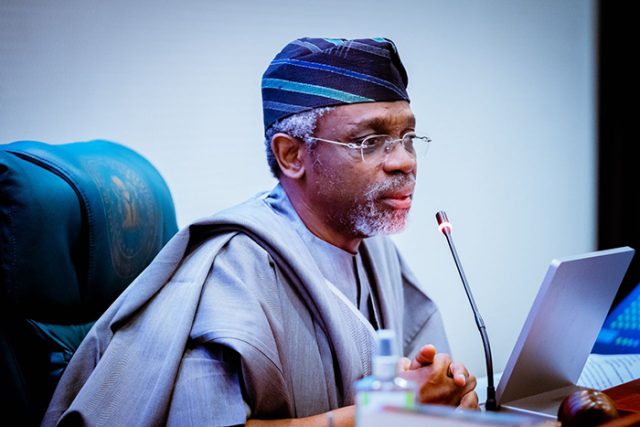
- The lawmaker who grew from the ranks
Rep. Femi Gbajabiamila is the first person in Nigeria’s history to ever hold the trio positions of the leader of the opposition (Minority Leader), Leader of the ruling party (Majority Leader) and the 14th Speaker of the House of Representatives. He is reputed to be one of the most experienced and outstanding lawmakers in the country.
He was also serving his fifth term in the House before he was elevated and appointed Chief of Staff to the President by President Bola Tinubu.
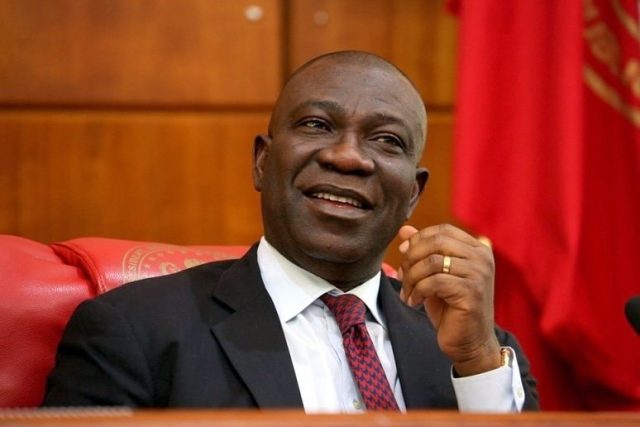
- Grace to grass of the longest-serving Presiding Officer
Ike Ekweremadu is the longest-serving Presiding Officer in the history of the National Assembly having served as the Deputy Senate President for 12 consecutive years.
However, his ambitions were cut short when he was convicted and sentenced to nine (9) years in prison for organ trafficking.
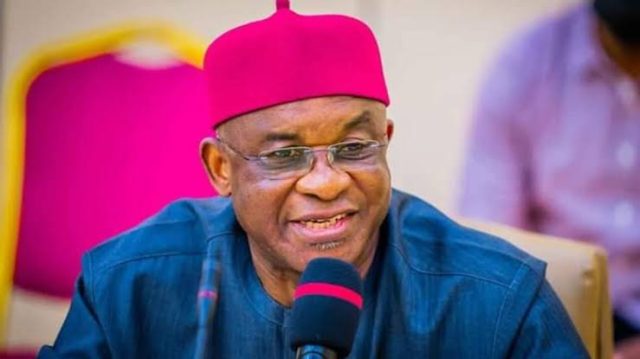
- The longest-serving Senate President
Former Senate President, David Mark is the longest-serving Senate President who served in this position for two (2) terms (2007–2015) under the PDP. The 12th President of the Senate served the people of Benue South from 1999 till 2019.
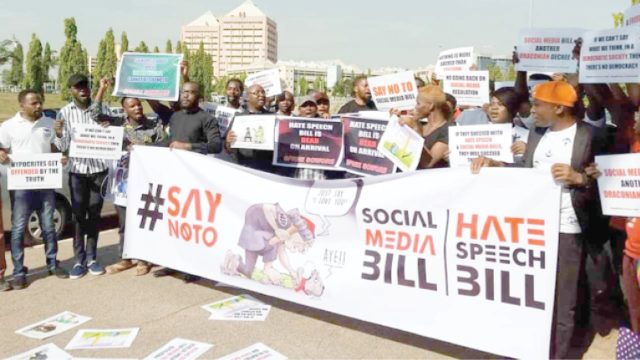
- The controversial Anti Social media bill
There have been several attempts by the National Assembly to enact laws against social media. On February 8, 2024 Femi Gbajabiamila while representing President Tinubu at the public presentation of a book, “Nigerian Public Discourse,” said that social media has become a societal menace and must be regulated due to false information fondly spread across different platforms.
Prior to this remark, Gbajabiamila, while he was the Speaker of the House, had in 2021 also called for the regulation of social media saying that “social media must be regulated to prevent its evil from taking root in the country.” According to him, the National Assembly had been considering regulating social media for a long time but was reluctant due to outcries by Nigerians.
Meanwhile, in 2019, the Senate introduced a bill to regulate the use of social media in Nigeria. The bill titled, ‘Protection from Internet Falsehood and Manipulations Bill, 2019’ was sponsored by Senator Sani Musa (APC, Niger East). Also, a bill which emanated from the Senate and was presented on the floor of the House, on 13 February 2024 was titled “Bill for an Act to Amend the Cybercrimes (Prohibition, Prevention, Etc.) Act, 2015 and for Related Matters (SB.188)” and was presented by Leader of the House, Rep Julius Ihonvebere (APC, Edo).
However the public including Civil society organisations warned that the passage of the bill would unduly restrict the rights to freedom of expression and privacy. Several calls were also made, urging President Tinubu’s administration to stop its efforts to compel technological firms like Google and YouTube to restrict such “fundamental human rights.”

- The controversial Water bill
Former President Muhammadu Buhari had in 2017 presented a controversial bill to both chambers of the National Assembly, which sought to transfer the control of water resources from the states to the Federal Government.
The bill sought to establish the National Council on Water Resources, Nigeria Water Resources Regulatory Commission, River Basin Development Authorities, Nigeria Hydrological Services Agency, and the National Water Resources Institute.
The proposed bodies, if established, were to “provide for the regulation, equitable and sustainable development, management, use and conservation of Nigeria’s surface water and groundwater resources.”
The bill had generated several controversies and the Senate however rejected the controversial National Water Resources Bill, 2023 after it was listed for concurrence on the order paper for consideration and passage.

- Ndume – the most controversial lawmaker
Since Senator Ali Ndume’s journey in the National Assembly from 2003, he has been tagged as one of the controversial lawmakers fond of countering his colleagues as well as some Presiding officers. He was once suspended by the Senate for asking his colleagues to probe an allegation of certificate forgery against Dino Melaye and then Senate President, Bukola Saraki, accused of vendetta against the Nigerian Customs Service. The Ethics and Privileges Committee was drafted to look into the case and released a report that led to the suspension of Ndume for failing to conduct proper investigation before making the allegations.
He had also stirred up a mild drama having countered and questioned the Senate President, Godswill Akpabio on the ways he handled the affairs of the Senate, which were against the rules, but he was however ruled out of order by Akpabio.
Ndume immediately stormed out of the chamber and headed straight to his office. This however led to a rowdy session during the plenary proceedings.
Some time ago, Ndume was questioned by secret police over alleged links to the Boko Haram Islamist militants who staged numerous deadly attacks in the country
This allegation was made by a former Boko Haram spokesman who said Ndume had paid him to send threatening text messages. Ndume denied these allegations and was later set free of the charges by Justice Gabriel Kolawole on the grounds that no prima facie case was established against the lawmaker.
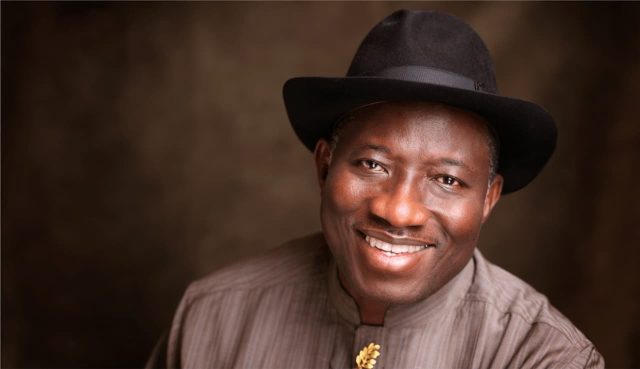
- Doctrine of necessity
Following then-President Musa Yar’Adua’s indefinite medical leave and his failure to send a letter of handover to the National Assembly as required by Section 145 of the Constitution, Mark obliged the National Assembly to adopt on February 9, 2010, the patriotic resolution authorising then-Vice President Goodluck Jonathan to take over as acting president. A legal doctrine known as the Doctrine of Necessity states that “what is otherwise unlawful is made lawful by necessity.” It was initially used in Grenada in 1985, Pakistan on October 24, 1954, and Nigeria on February 9, 2010.



